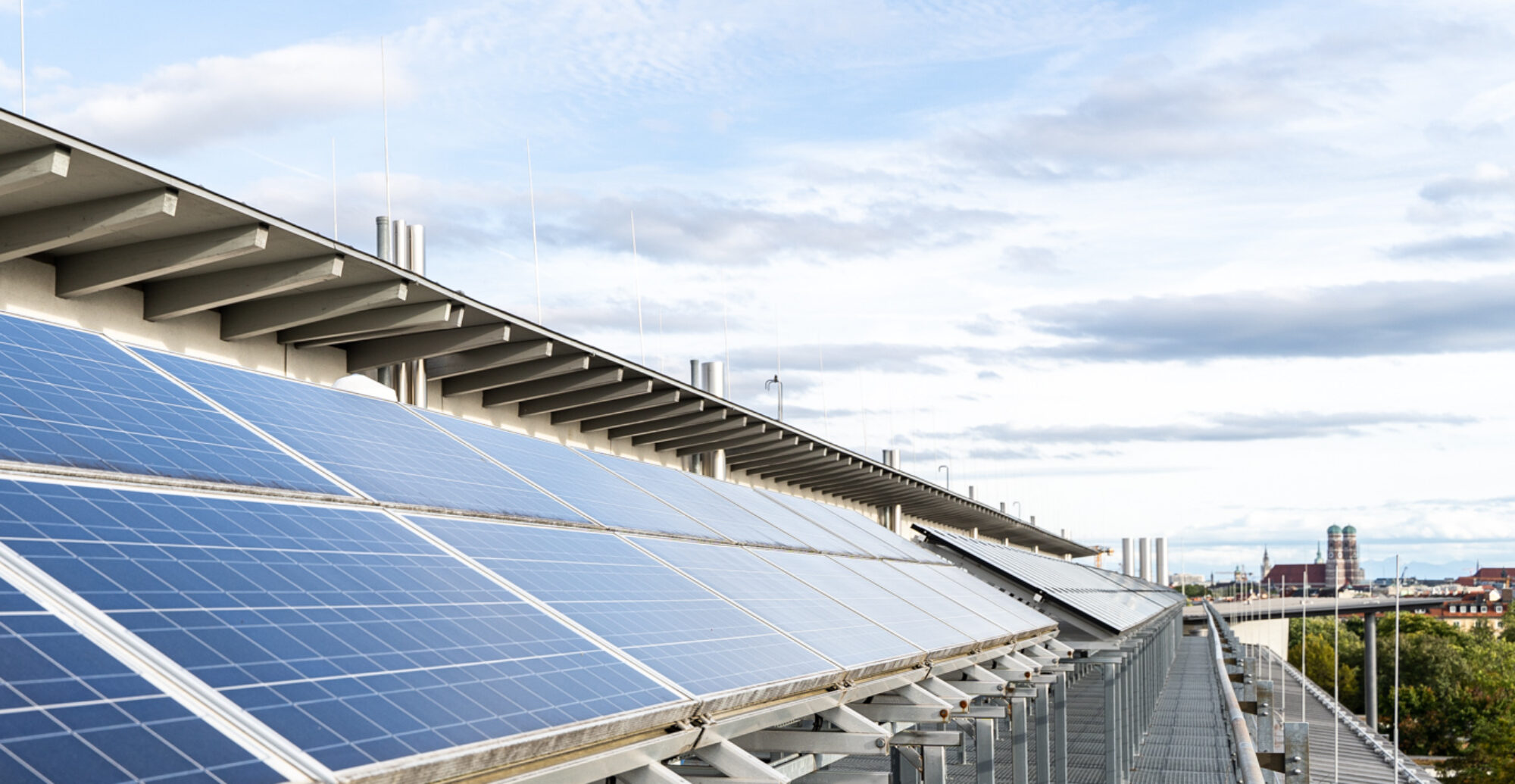Wir freuen uns sehr über die Annahme eines Journalartikels im IEEE Open Journal of Industrial Electronics Society, verfasst von Andre Thommessen und Prof. Dr.-Ing. Christoph M. Hackl.
Unser Team des Labors für mechatronische und regenerative Energiesysteme (LMRES) an der Hochschule München (HM) hat erfolgreich die Virtuelle Synchronmaschinen (VSM) Regelung für Windkraftanlagen (WECS) mit doppelt-gespeisten Asynchronmaschinen entwickelt.
Das Ersetzen direkt ans Netz gekoppelter Synchronmaschinen durch erneuerbare Umrichter-basierte Energiesysteme (IBRs) führt zu neuen Herausforderungen für die zukünftige Netzstabilität. Beispielsweise reduziert die herkömmliche netzfolgende Regelung von IBRs die Momentanreserve bzw. die Trägheit des Energiesystems, sodass neue netzbildende Regelungsmethoden, wie die VSM-Regelung, zur Trägheitsemulation benötigt werden.
Die vorgeschlagene Modellierung und Regelung von WECS bereitet den Weg für 100% erneuerbare Energieerzeugung durch die Kombination von VSM Regelung mit effizientem Betrieb von WECS und durch erkenntnisreiche Einblicke in die Dynamik zukünftiger Energiesysteme (basierend auf Simulationen des IEEE 9-bus Testsystems). Nähere Informationen unter https://ieeexplore.ieee.org/document/10436334.

